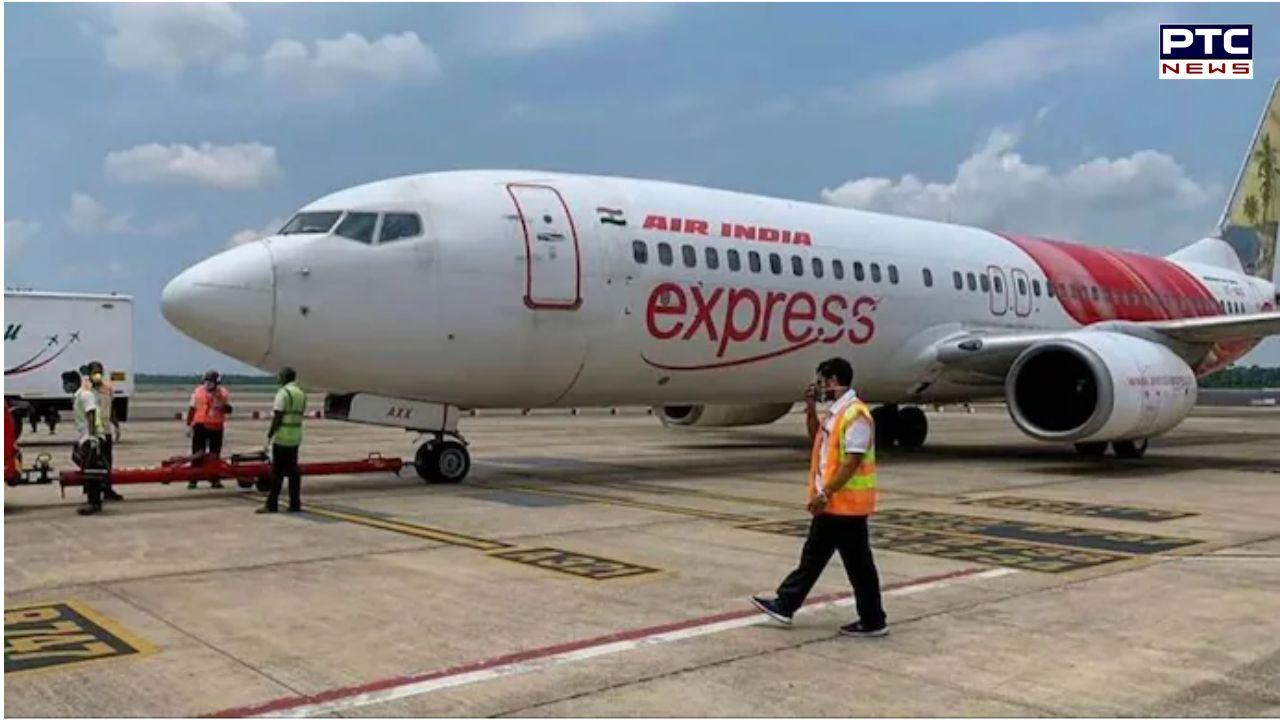

Air India Express admits lapse after DGCA flags falsified records, delayed engine part change
PTC Web Desk: In a critical development earlier this year, India's civil aviation watchdog, the Directorate General of Civil Aviation (DGCA), issued a strong rebuke to Air India Express — the budget arm of Air India — for failing to replace a mandated engine component on an Airbus A320 aircraft within the designated timeline.
The violation, detailed in a confidential government communication accessed by news agency Reuters, also accuses the airline of tampering with maintenance records to falsely demonstrate regulatory compliance.
The incident involves failure to comply with a mandatory parts modification directive issued by the European Union Aviation Safety Agency (EASA). According to the memo, DGCA’s surveillance revealed that the specified engine modification had not been carried out within the required period. Alarmingly, the Aircraft Maintenance and Engineering Operating System (AMOS) records — used to monitor and log aircraft maintenance — had been “altered or forged” to indicate timely compliance.
In response to Reuters' queries, Air India Express acknowledged the oversight and confirmed that remedial measures had been taken. The airline attributed the lapse to data migration issues within its monitoring software, which allegedly led to a missed implementation deadline. Although the airline did not provide the exact dates of compliance or respond directly to the allegations of falsified records, it stated that appropriate internal action followed the DGCA memo. This included the removal of the quality manager and suspension of the deputy continuing airworthiness manager.
The seriousness of the lapse has intensified scrutiny on Tata Group’s aviation operations, especially in light of the deadly Air India Dreamliner crash in Ahmedabad in June — India’s deadliest aviation accident in a decade, claiming 241 lives out of 242 passengers. While this crash occurred months after the March engine lapse and was not directly related, it has triggered broader concern about systemic safety failings and operational integrity within the Tata-owned airline group.
The DGCA has flagged multiple violations involving both Air India and Air India Express this year. These include warnings over operating three Airbus aircraft with overdue escape slide inspections, and separate incidents involving non-compliance with pilot duty time regulations.
The specific aircraft in question, registered as VT-ATD, is primarily deployed on domestic routes and short-haul international flights, such as to Dubai and Muscat. The component replacement directive from EASA was linked to manufacturing flaws that posed safety risks if not addressed in time.
Government data further reveals that 2023 saw 23 safety warnings or penalties issued by regulators, with nearly half — 11 cases — involving Air India or its low-cost subsidiary.
Since the Tata Group took ownership of Air India in 2022, there has been a public commitment to transforming the airline into a world-class carrier. However, persistent complaints about service standards, aircraft condition, and now, growing safety concerns, threaten to derail that vision.
- With inputs from agencies
